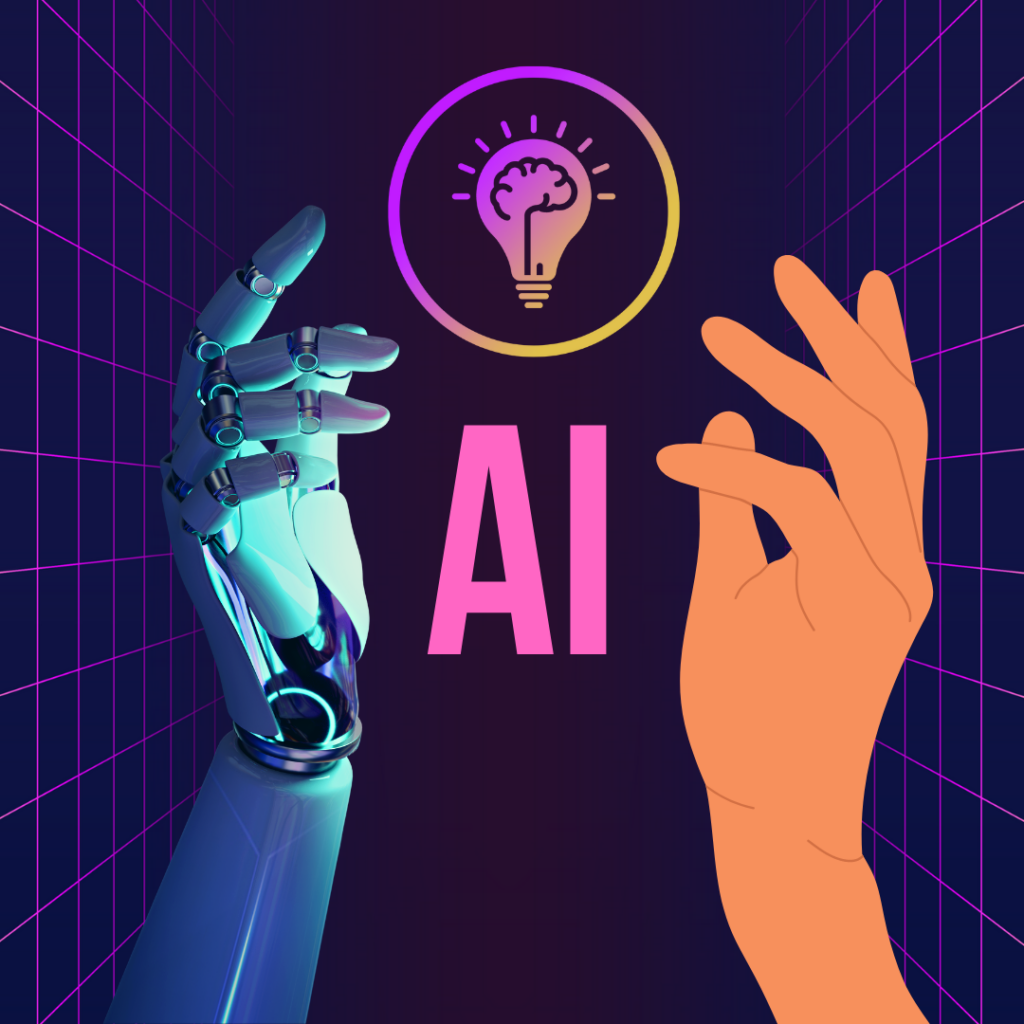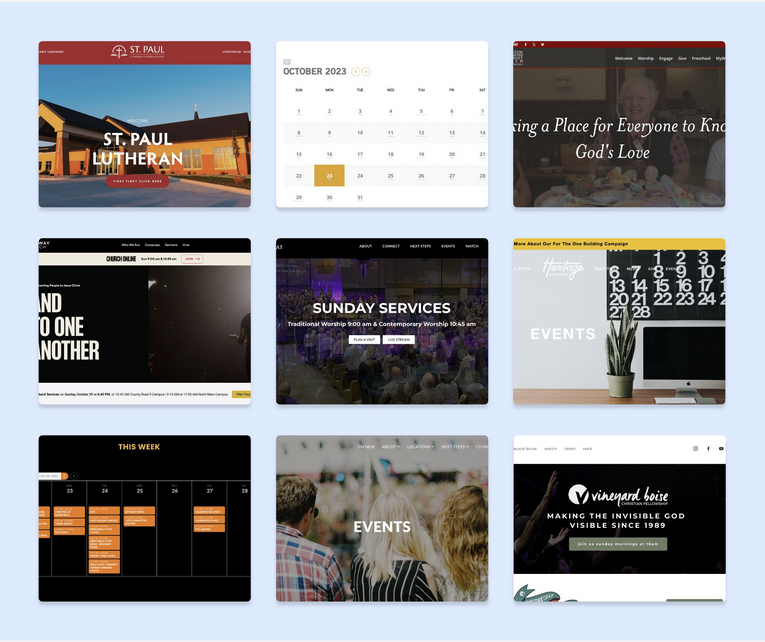
AI technology is making its way into churches, offering opportunities and challenges. However, there’s a risk of losing the personal touch and ethical concerns about data privacy. Churches should strike a balance by using AI for tasks while maintaining human connection and spiritual guidance. AI can enhance churches’ operations, but it should not replace the core beliefs and values of the church community.
As we move forward into the 21st century, artificial intelligence (AI) technology continues to grow. It is now entering many sectors of society, including a place you might least expect – the church. From enhancing worship services to streamlining administrative tasks, AI is reshaping the way churches operate, offering exciting opportunities and presenting unique challenges.
Why are Churches Turning to AI?
The digitization of society has created a shift in the way people interact with religious institutions. Many individuals now seek spiritual guidance and community connection through digital platforms. This shift, plus the desire for efficiency and reach, has prompted churches to explore the benefits of AI technology.
AI in Worship Services and Administrative Tasks
AI’s implementation in churches is as diverse as its potential. For instance, some churches use AI chatbots to answer frequently asked questions, provide information about services, or offer spiritual advice. Others leverage AI-powered analytics to understand congregation behavior better, helping to tailor sermons and activities that resonate with their members.
In terms of administrative tasks, AI can automate repetitive processes such as scheduling, data entry, and sending out reminders for events or donations. This automation allows church staff to focus more on pastoral care and other essential duties.
The Benefits and Drawbacks of AI in Churches
The integration of AI in churches offers numerous benefits. It can help religious organizations reach broader audiences, cater to the digital needs of younger generations, and streamline administrative tasks. AI can even assist in personalizing spiritual content, ensuring each individual receives guidance that resonates with them.
However, the reliance on AI technology also comes with potential drawbacks. There’s the risk of losing the personal touch and warmth that’s an essential part of the church community. Plus, the ethical implications of data privacy and the potential for AI to be manipulated for harmful purposes cannot be ignored.
Balancing AI Technology and Spirituality
While it’s clear that AI technology offers significant benefits, it’s crucial for religious organizations to find a balance. Churches need to make sure that using AI does not take the place of the fundamental principles of human connection, empathy, and spiritual guidance that lie at the heart of their mission.
Churches could consider adopting a hybrid approach, where AI takes care of administrative tasks and enhances worship services, while pastors and church leaders continue to provide personal guidance and support. This way, churches can reap the benefits of AI without compromising their core beliefs and spirituality.
In Conclusion
As we move forward, it’s evident that AI has a role to play in modern-day churches. It’s a tool that, when used thoughtfully and ethically, can enhance the way churches operate and interact with their congregations. However, it’s crucial to remember that AI should complement, not replace, the human touch that lies at the heart of all religious organizations.


